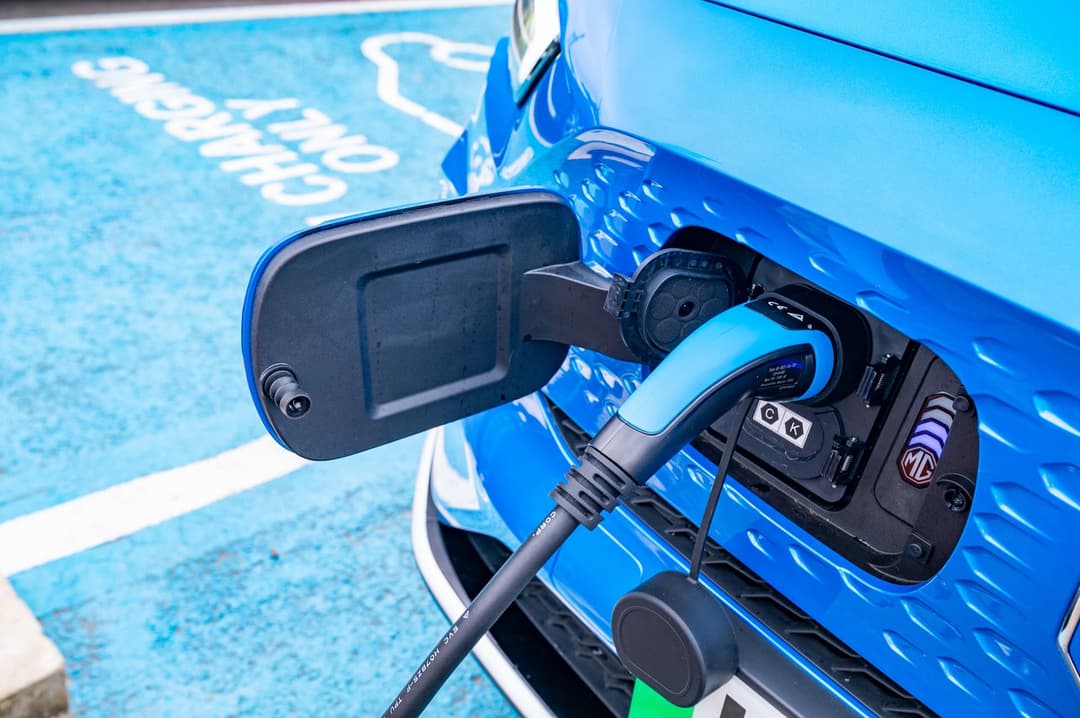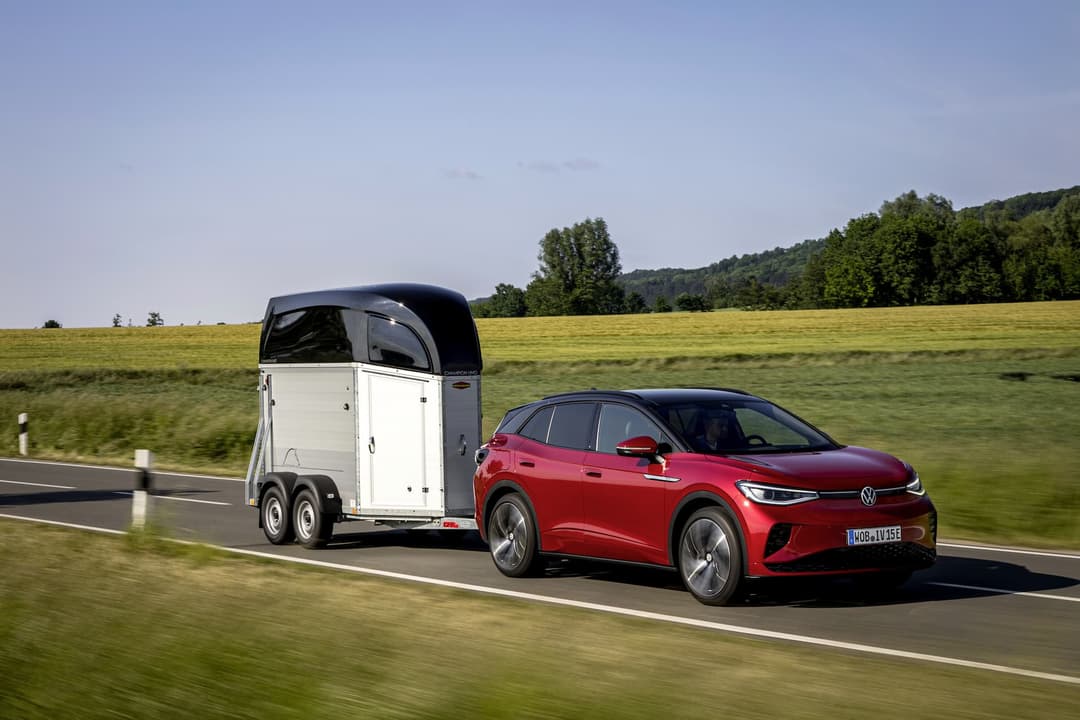
With the Australian Labor Party’s victory in the recent federal election, what does it mean for electric cars in Australia?
Coined the 'Electric Car Discount', the following government charges have been promised to become exempt from 1 July 2022:
| Charge | Benefit |
| Import tariffs on electric cars | Some brands will become marginally cheaper due to import taxes being waived. |
| FBT on electric cars | The financial case for company electric cars will be significantly stronger. |
These will be made available on electric cars below the luxury car tax (LCT) threshold for fuel-efficient vehicles ($77,565 in 2020-21).
The removal of these charges will likely trigger a surge in demand for electric cars in Australia, particularly amongst company fleets. Fleet sales make up ~50% of new car sales annually.
In the UK, the removal of the 'Benefit-in-Kind (BiK)' charge (the UK equivalent of FBT), saw electric car sales grow from 2 per cent of total car sales in 2019 to 25 per cent in 2021.

What is the current federal government electric car policy?
The outgoing Coalition government currently does not provide any direct EV incentives, but does have a slightly lower luxury car tax (LCT) threshold for 'fuel-efficient vehicles'.
In the case of EVs, LCT will only be applied for purchases from $79,659 versus $69,152 for other vehicles.
Each state government, however, has implemented different financial incentives for EV purchases. You can read our ultimate guide on EV incentives here.

Import tax exemption on electric cars
Under Labor’s proposed EV policy, an import tax of five per cent on new and used electric cars will be waived.
Due to Free Trade Agreements (FTAs) in place with China, Japan, Korea and the USA, where the significant majority of our cars come from, there will be little to no impact on reduced prices for electric cars from the removal of import tax.
Electric cars originating from Europe however, should become more price-competitive. Import tax is currently paid for cars originating from most European countries (refer to the below table). The removal of import tax should, in theory, make cars originating from these countries cheaper.
The Electric Vehicle Council estimates that a $50,000 electric car will be $2000 cheaper as a result of the removal of the import tariff.
Volkswagen Australia has been vocal in arguing a lack of fleet carbon emissions reduction targets is preventing the German headquarters from sending its bespoke ID.-branded EV line-up immediately Down Under on the priority list.
You can view all the electric cars available in Australia in the zecar EV database.

FBT exemption on electric cars
Fringe benefits tax (FBT) is a tax that employers pay on benefits paid to an employee in addition to their salary or wages.
FBT is calculated on the taxable value of the benefits you provide. This is separate to income tax. The current FBT rate of 47% applies until 2023.
FBT payable = Taxable value of benefit x FBT Rate x Gross Up factor
How does FBT apply to vehicles?
There are two main instances in which vehicles are supplied by an employer to employees:
1. Standard company fleet vehicles are provided to employees for work purposes e.g. sales representatives of businesses.
2. Novated lease/salary sacrifice arrangement whereby an employer pays for the employee's car lease and running costs through their salary.
There is almost always a level of personal use involved in these situations. The FBT is effectively taxing this 'personal' benefit received.
According to the Australian Tax Office (ATO), there are two methods for calculating the taxable value of benefit for FBT purposes:
1. Statutory method – The simplest and most common method used. The taxable value is determined by multiplying the car's value by 20%. Under this method, there is a risk that the level of private use is overestimated and a higher FBT is paid.
2. Operating cost method – Under this method, the taxable value is calculated by multiplying the operating expenses of the vehicle by the personal use percentage. Records need to be kept on how the vehicle is used for private and work use (also known as the 'logbook method’).
Under Labor’s policy, electric cars provided under this arrangement will no longer need to pay FBT.
Below is an illustration of the annual FBT payable for an electric car versus a non-electric internal combustion engine vehicle using the statutory method.
Over five years, a company will save a significant amount of money on company electric cars provided to employees compared to petrol alternatives.
Labor claims its FBT exemption scheme will save employers (or employees when FBT is passed on) up to $9000, which will be higher for more expensive models up to the LCT threshold.
Below we've compared this cost between two popular fleet sedans. Despite the higher upfront cost, the electric car will be ~$40,000 cheaper to own after five years.
For companies who have equally strong ESG and financial KPI's, the FBT exemption will provide very compelling reasons for fleet managers to accelerate the electrification of their fleet.
Watch our chat with Tesla Tom on the Ludicrous Feed on Labor's proposed electric car discount.
Used Electric Car (EV) market
Similar to the UK, the FBT exemption will likely trigger a surge in demand for electric cars amongst company fleets.
This will have flow-on effects on the used electric car market, where fleet vehicles serve as an important source of supply. The used vehicle market 3.3 times the size of the new vehicle market.
What does Labor's EV policy lack?
While Labor's Powering Australia policy will invest $76 billion to reduce the nation's emissions by 43 per cent by 2030 by expanding the renewable electricity grid, the Albanese led government still lacks EV policies that have proven successful in other countries such as:
- Fleet carbon emissions reduction targets (and penalities) for car brands
- Nationwide upfront and annual on-road costs exemptions (stamp duty, registration, and compulsory third party insurance)
- Nationwide rebate grants for upfront purchases
- Tax penalties on internal combustion engine vehicles (particularly models classed as emitting higher pollutant amounts)
- Low-emission 'green zones' and congestion charges in major capital cities
- Public parking fee and toll payment exemptions
- Home charger installation subsidies
About the author
Stay up to date with the latest EV news
- Get the latest news and update
- New EV model releases
- Get money savings-deal

